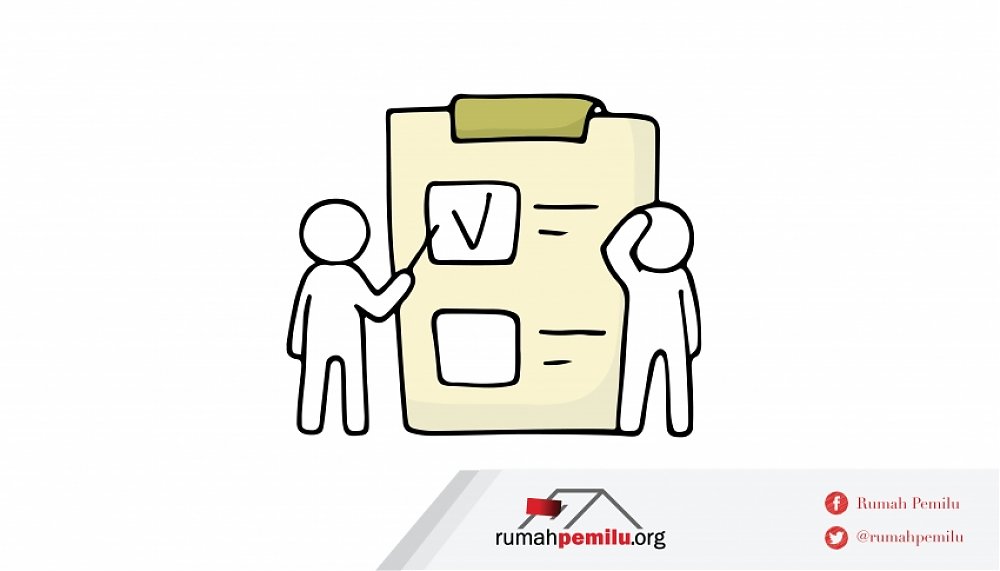June 5, 2022, Cambodia holds its fifth local election since 2002. Cambodia divides its elections into national elections and local elections. National elections is to elect candidates for parliamentarians, while local elections select candidates for members of the Commune/Sangkat Council. Both national and local elections are held every five years. National elections have been held since 1993, using a party list proportional representative system.
“In the national election, we elect members of parliament, and then MPs from the party that wins the election choose the prime minister. Then for local, we call it sub-national election. This local election was held as a mandate of the Sangkat/Commune Council Election Law which was passed in 2001,” explained the Executive Director of Gender and Development for Cambodia (GADC), Chandy Eng, during the “Regional Discussion on Election and Democracy” discussion. (6/22).
Chandy said that civil rights were injured in Cambodia due to the implementation of the Non-Governmental Institutions Law and regulations related to Covid-19. The need for permits for activities held by non-governmental institutions, and restrictions on mobilization have disrupted various voter education and political education activities. Ironically, the election campaign went without any restrictions. Political parties are free to hold grand meetings.
“Because there must be a permit for us to hold activities, often we can't do anything. Demonstrations are also prohibited. These rules limit us greatly. Meanwhile, political parties are free to campaign anywhere and anywhere. In fact, the ruling party is currently holding the biggest campaign," said Chandy.
Chandy's and other civil society organizations' concerns were heightened by the existence of the Cyber Crime Bill. This bill is considered to threaten freedom of speech in cyberspace by increasing surveillance on internet users, and the possibility of violating the right to privacy on the grounds of national security and public order. The bill also requires service providers to retain internet traffic data for at least 180 days at the request of the authorities. Providers who do not store data or cooperate with the authorities can be punished with fines and imprisonment.
“This bill contains rubber articles, because it does not define what national security is, as well as public safety and order. The authorities will have enormous authority to determine whether a case violates the law or not. This is what we are worried about ahead of the 2023 National Election," said Chandy.
During this discussion, Chandy also complained about the lack of information about candidates in the election. With the party list system, political parties do not adequately inform voters on the candidates on the party list. Lack of information is considered to interfere with the right of voters to vote meaningfully.
“Even I, who works in an NGO (non-government organization), received higher education, but did not know who the candidates in each party were. I only know that there are at most two candidates in the party. This makes voters focus more on the party than on the people who will represent them,” concluded Chandy. []
This article translated by Catherine Natalia











